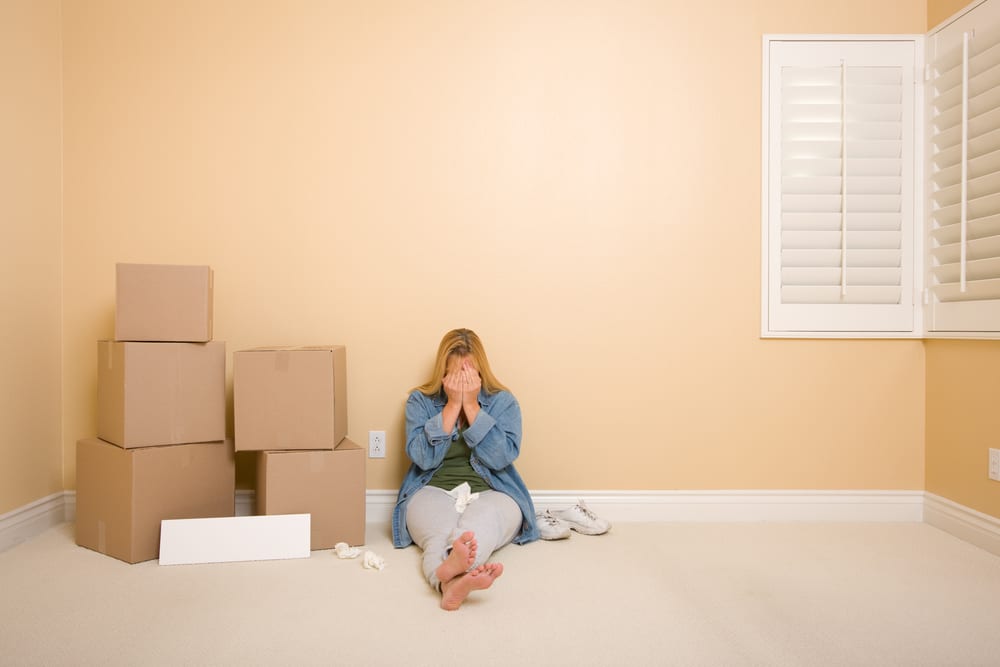Your property is your safe space: it’s where you retreat from the world, rest and recuperate, and if you’re lucky, it’s the place where your partner, your children and your pets call home too. So the very idea of repossession is enough to make it feel as though your entire world is under threat.
But as the latest economic crisis hits, we are told to expect more repossessions. If your finances are already precarious, if you have already missed mortgage payments, then you need to know what could happen if things get even worse. Put your energies into improving your financial situation of course. But make sure you are also fore-armed in case it doesn’t work out. As they say:
“Hope for the best and be prepared for the worst.”
When the stability and security we’ve come to depend on is capable of being whipped away with little more than a dreaded knock on the door or a thud as a final letter lands on the doormat, it’s time to take action. Here’s how to get your affairs in order and stop repossession…
First, get advice from a professional. See a solicitor and check to see whether you’re eligible for legal aid. Failing that, get free advice from Citizens Advice, the National Debt Line, or charities such as Shelter. The worst thing you can do is bury your head in the sand, so try to calm yourself down and take some action, even if you’re afraid of what’s going to happen.
Next, talk to your mortgage lender. A professional will advise you to try to resolve the issue with your lender, as ultimately it’s the lender that will be taking you to court and repossessing your home. Figure out what you owe and request that you change the way you pay your mortgage – perhaps you could just pay the interest for now, or maybe they’d be prepared to freeze your payments for a few months? Maybe they could extend the length of your mortgage and therefore lower your monthly payments?
The sooner you suggest these options the better, as they’ll be more amenable to your requests if you’ve been proactive with preventing repossession.
However, if you’re past the point of negotiating with your lender and you’ve been summoned for a hearing, be brave and show up to court. You’ll have a hearing in a judge’s chamber (rather than in a big court room), and he or she will decide what’s going to happen to your property.
If the outcome of the hearing is that your home is definitely going to be repossessed, apply to have the ‘warrant for possession’ suspended. If you’re successful, your eviction will be delayed and you might even be able to stay in your home if you’re able to make payments again. You’ll need a solicitor to help you do this, but if you know you have a pay rise coming or will have extra income to start paying your mortgage again, you stand more chance of applying successfully.
Alternatively, you could stop repossession of your house by simply selling it. This will mean that you’ll need to find somewhere else to live after it’s sold, but basically you’ll free up the cash you have in your property and be able to pay the lender what you owe them. If you’re already under threat of repossession you might decide it’s your best option to sell your house quickly by using a company that specialise in the quick sales of properties. That way, you won’t have a repossession order hanging over your head and you can at least control some aspect of a stressful situation like this.
Image: Repossession via Shutterstock

